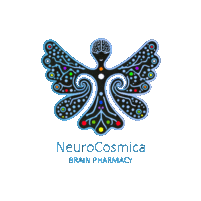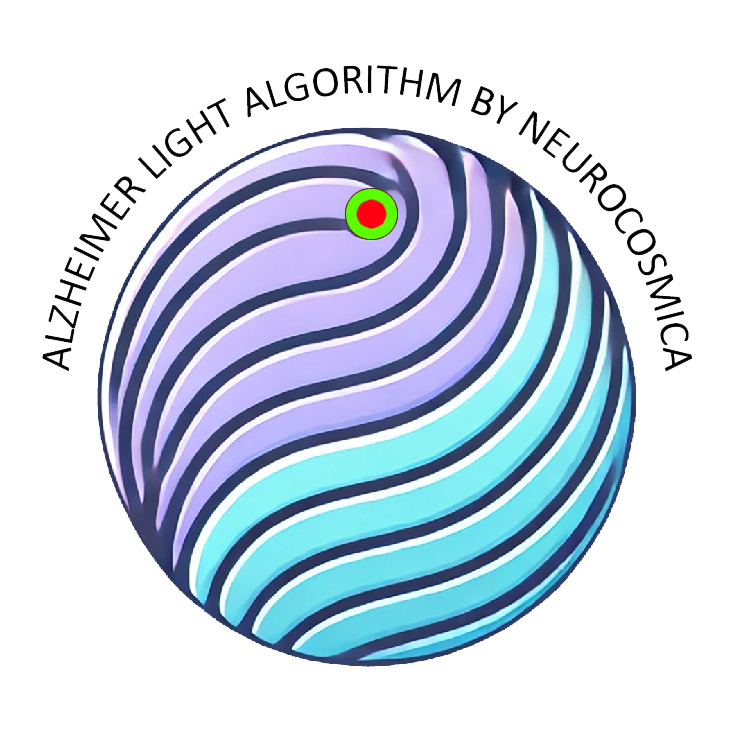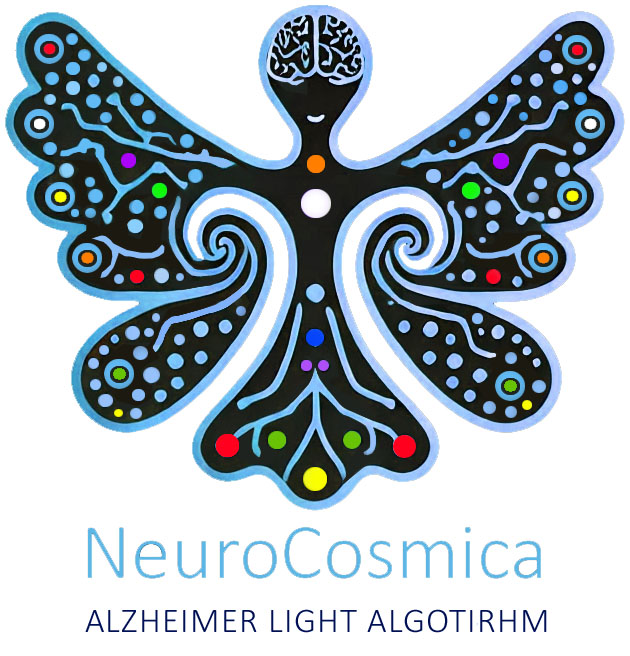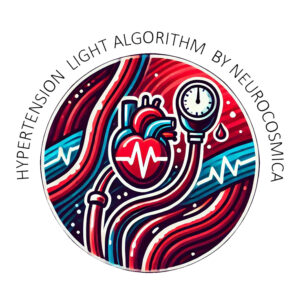NeuroCosmica: Light Algorithms Against Addison’s Disease
Addison’s disease is a rare condition that occurs when the adrenal glands do not produce enough hormones, leading to chronic fatigue, low blood pressure, and electrolyte imbalances. NeuroCosmica’s Light Algorithms offer a holistic approach to managing this disease by balancing energy levels, strengthening the body’s resilience, and supporting adrenal function.
One of the main symptoms of Addison’s disease is chronic fatigue. Light Algorithms using orange and golden energy sequences can help stimulate cellular energy production, improving stamina and overall vitality.
People with Addison’s disease often experience low blood pressure, which causes dizziness and weakness. Red and deep blue light energy can help regulate blood circulation and maintain stable blood pressure levels.
A weakened immune system can make individuals with Addison’s disease more vulnerable to infections. Light Algorithms incorporating white and indigo energy sequences can strengthen immune defenses, promoting better overall health and resistance to illness.
Addison’s disease may also lead to mood swings, irritability, and anxiety. Light therapy using soft green and violet energies helps calm the nervous system, reduce stress, and promote emotional balance—crucial for those managing this condition.
Electrolyte imbalances, particularly in sodium and potassium, are also common. Yellow and green light sequences can support the body’s ability to maintain proper electrolyte balance, preventing dehydration and muscle weakness.
Sleep disturbances are frequently observed in Addison’s patients. Deep blue and violet energy sequences in the Light Algorithms can foster relaxation, regulate melatonin production, and improve sleep quality.
An Addisonian crisis is a life-threatening event caused by a severe drop in cortisol levels. Light therapy incorporating red and golden energies can help strengthen adrenal reserves, improve stress response, and reduce the risk of these crises.
Mental clarity and cognitive function are often impaired in Addison’s disease. Light Algorithms using indigo and white energy sequences can enhance focus, memory, and overall mental sharpness.
Living with a chronic condition like Addison’s can lead to feelings of helplessness. Light Algorithms incorporating yellow and golden energies promote confidence, personal empowerment, and a renewed sense of control over one’s healing process.
Skin symptoms such as hyperpigmentation and dryness are also common. Blue and green energy sequences can support skin hydration, enhance healthy circulation, and contribute to balanced skin tone.
Effective digestion and nutrient absorption are essential in managing Addison’s disease. Yellow and soft orange light energy can support gut health, improve digestion, and help the body absorb essential nutrients more efficiently.
The use of calming colors like green, blue, and violet in Light Algorithms helps create a peaceful and restorative environment that supports recovery and emotional well-being.
Additional Holistic Recommendations for Addison’s Disease
Recommended Diet:
– Increase sodium intake with sea salt or electrolyte-rich foods.
– Stay hydrated with water and electrolyte beverages.
– Eat lean proteins such as chicken, fish, beans, and tofu.
– Include healthy fats like avocados, olive oil, nuts, and seeds.
– Boost vitamin C and B5 intake through citrus fruits, bell peppers, and whole grains.
– Limit processed sugars and high-sugar foods.
Recommended Exercises:
– Gentle aerobic activities like walking, swimming, or light cycling.
– Light strength training to preserve muscle mass.
– Yoga and Tai Chi to reduce stress and improve flexibility.
– Breathing exercises to support cortisol regulation.
Lifestyle Adjustments:
– Practice stress management through meditation and relaxation.
– Avoid overexertion and rest when needed.
– Follow a consistent daily routine to stabilize energy levels.
– Undergo regular medical checkups to monitor cortisol and electrolytes.
Important Disclaimer:
NeuroCosmica’s treatments and recommendations do not replace professional medical advice, diagnosis, or treatment.
Explanatory Note:
The reference to colors is symbolic and represents the energetic dynamics of each condition. It is not based on visual perception of color, but rather on the energetic charge associated with each frequency.
For more information, please visit NeuroCosmica.com
© NeuroCosmica is a registered trademark of Kingdom of Angels, a nonprofit corporation in Florida.





Reviews
There are no reviews yet.